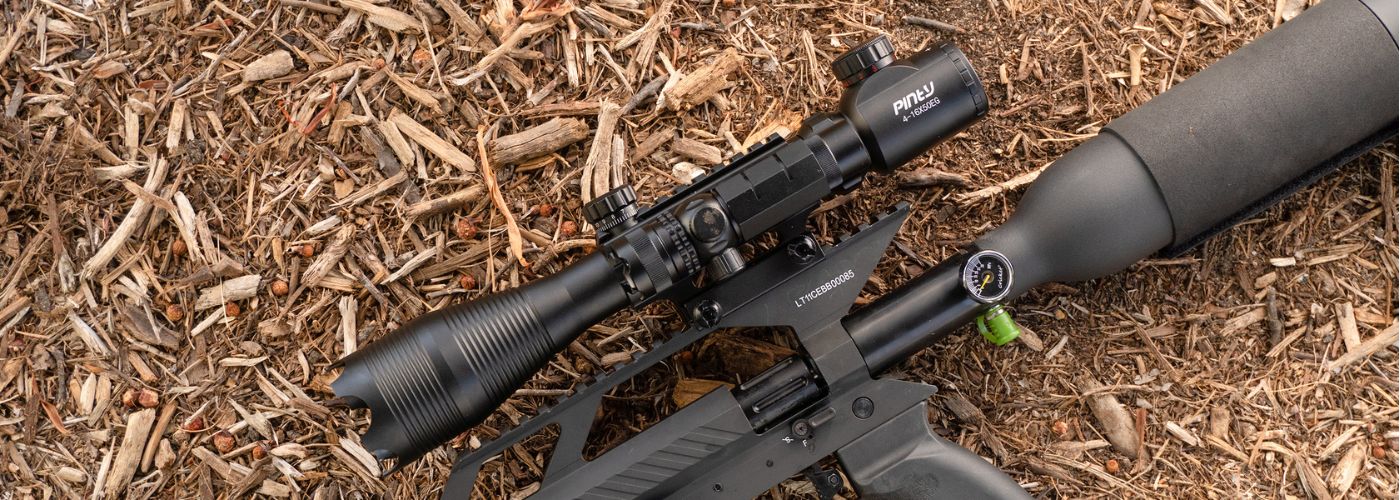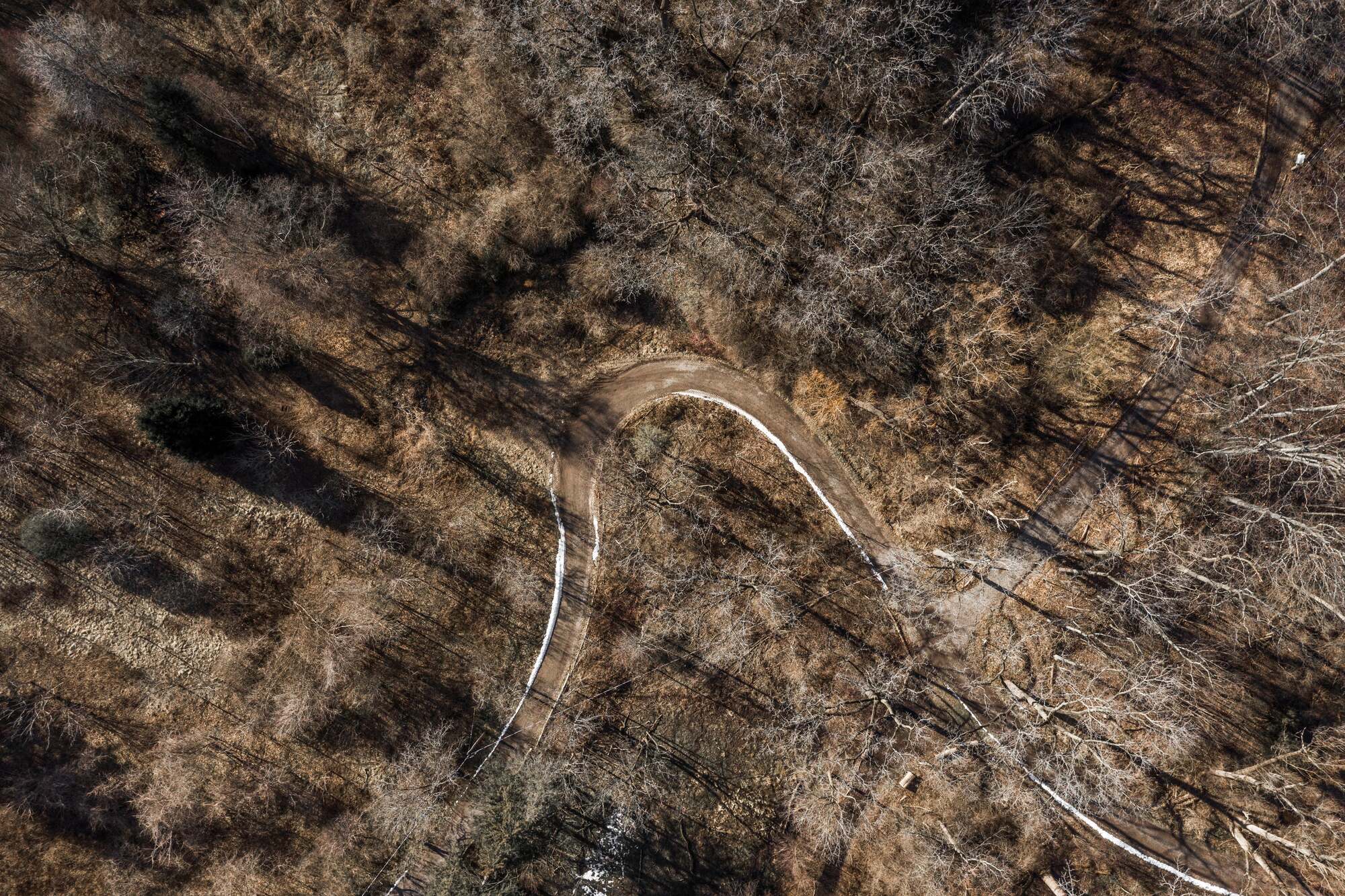WI Deer Season

Note:
*During the designated antlerless-only hunts, no bucks may be taken.
**Counties and metro subdivisions having extended archery seasons. Check the map to see which counties have longer archery seasons.
Elk Season 2023
Moose Season
Wisconsin has not reintroduced moose, however numerous sightings in northern Wisconsin each year are confirmed. No moose hunting is allowed.
Elk & Moose Hunting Rules
Bear Season
Wild Turkey Season
Note: Find the Zones 1 – 5 Details here
Small Mammals Season

Cotton Rabbit
Squirrels Season
Note: It is forbidden to hunt some protected species including badgers, jackrabbits, moose, and flying squirrels. You may review the small game hunting regulations for a complete list of requirements.
Bobcat Season
Coyote Season
Fox Season
Beaver Season
Mink Season
Muskrat Season
Fisher Season
Otter Season
Raccoon Season
Skunk, Opossum, Weasel, Snowshoe Hare, Porcupine and Woodchucks
These species may be hunted with a valid license; however there are no season limitations, bag limits, size limits, or possession limits. To protect the environment and ensure the availability of resources in the future, responsible and sustainable practices should still be followed.
Other Game Birds
Ruffed Grouse Season
Pheasant Season
Hungarian partridge Season
Seasons for Migratory Birds in WI
Wisconsin Falconry Season
Note:
- There is a daily bag restriction of three migratory game birds, regardless of how many you shoot at once, with the exception of the maximum number of Canada geese allowed in your hunting area during the shooting season.
- The maximum number of bags an individual may hold at any one time is three times the daily limit.
Seasons for Trapping in Wisconsin
Deadlines for Permit Application
Drawing Schedule
| Drawings | Timings |
|---|---|
| Elk | Early Jun |
| Bobcat | Mid-Sept |
| Fisher | Mid-Sept |
| Sharp-tailed Grouse | Sept |
| Spring Turkey | Late Jan |
| Bear | Early Feb |
Wisconsin Hunting Regulations
- In Wisconsin, hunting is prohibited without a valid hunting license and the necessary stamps.
- All turkey harvests must be reported to authorities.
- Shotguns and muzzle-loading shotguns, crossbows and bow and arrows are some of the permitted hunting weapons and tactics.
- When on a wild turkey hunt, you can’t utilize any kind of artificially-produced or amplified bird calls or noises.
- During the autumn turkey season, however, using dogs to hunt wild turkeys is permitted.
- No use of electronic or live decoys to attract wild turkeys is allowed.
- A valid hunting license, stamp, and harvest permit for turkeys are required to possess a firearm, bow, or crossbow during the spring season.
- The drawing for the harvest permits for turkeys uses a cumulative preference approach.
- Hunting migratory game birds requires a small game license, a Wisconsin Waterfowl stamp, and a Federal Migratory Bird Stamp.
- When going for waterfowl that migrate, you may only use specified firearms and ammunition.
- Some buildings and vehicles are off-limits to hunters.
- Certain hunting equipment, such as decoys left in the water unattended or put more than 200 feet from the cover, is forbidden.
- Only boats powered by paddle, oars, or pole may be used for hunting from the water.
- There are regulations regarding the placement of waterfowl blinds on state land.
- There are restrictions on the use of vehicles, such as drones, for the taking of migratory game birds.
- Waterfowl, coots, and mourning doves cannot be hunted with the use of bait.
- Disabled hunters are afforded certain privileges under the law.
- There are laws and restrictions that must be followed when youths go hunting.
- Certain bodies of water mandate a minimum hunting distance from land.
- Particular bodies of water require the use of blind anchors.
- For certain bodies of water, daily blind removal is required.
- When shooting from shore to shore is practicable in a small stream, jumping shots from a non-motorized boat is permitted.
- Hunting ducks, coots, or mourning doves using bait is prohibited.
- Hunting is permitted over fields that have recently been harvested or planted as part of a legitimate agricultural operation.
- Mourning doves may be legally hunted in areas where agricultural crops or wildlife feeding plots have been manipulated.
- After a crop has been harvested and the grain or seed has been taken from the field, it is against the law to distribute or disperse the crop in any way.
- The Youth Waterfowl Hunt is open only to those who have not yet reached their fifteenth birthday.
- The only kind of waterfowl that adults guiding young hunters are allowed to take is geese.
- Mentors over the age of 16 who want to hunt geese this season must have a valid Canada Goose Permit for the current hunting season.
- Under the Harvest Information Program (HIP), young hunters are expected to report their catches.
Wisconsin Hunting License charges
Harvest permits and licenses can be bought at a number of shops and establishments spread out over the state. Licenses for residents and non-residents are offered; fees vary according on residency, season, bag method, and special designations.
For more details on WI Hunting Licenses find at:





